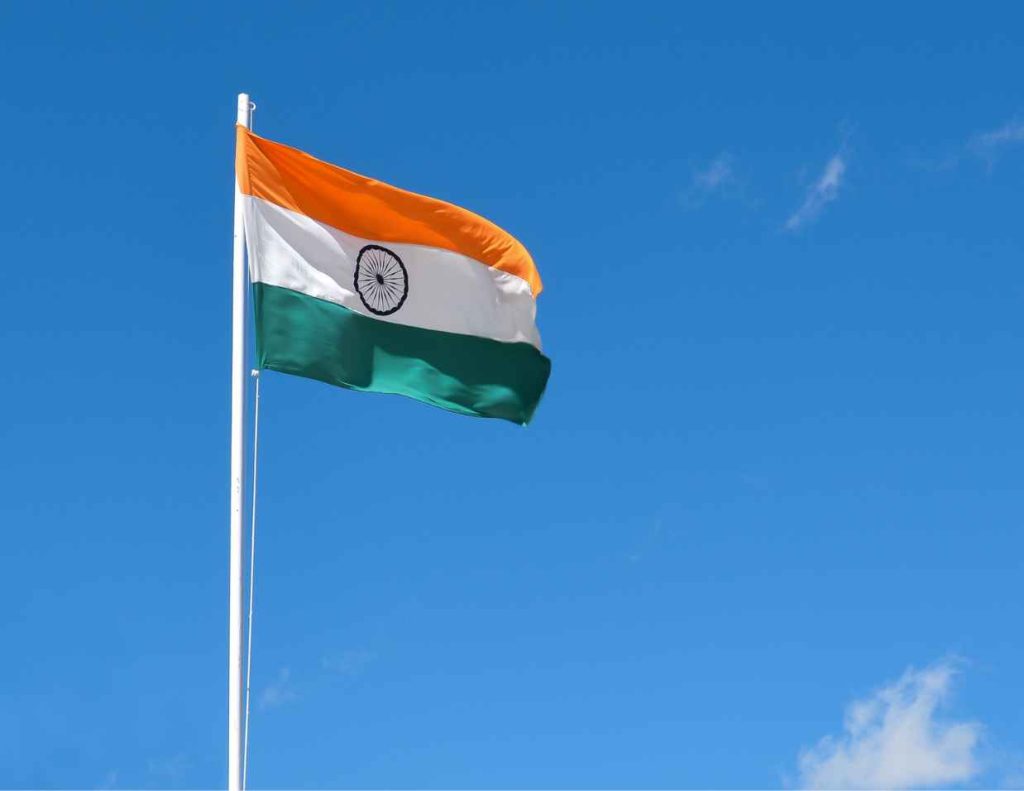Gotra – The Indian Lineage System

In Indian genealogy, the concept of Gotra refers to individuals’ lineage or clan affiliation. It is a way to trace one’s ancestral heritage and establish connections with a particular lineage. It is primarily associated with Hindu communities in India and plays a significant role in marriage traditions and social relationships.
The term “Gotra” is derived from the Sanskrit word “gau,” meaning cow, and “tra,” meaning protector. It is often believed to signify the line of descent from an ancient sage or Rishi, who acted as the protector of a particular cow lineage. Each Gotra is believed to have its unique lineage and ancestral sages.
Gotras are determined based on male lineage or paternal ancestry. In Hindu culture, individuals are ascribed a specific Gotra based on the name of a sage or rishi from ancient times, considered their ancestor.
Traditionally, when a child is born, their Gotra is determined based on the Gotra of their father. The Gotra is then passed down from generation to generation patrilineally. It means that a person’s Gotra remains the same throughout their life, regardless of any changes in their marital status or the Gotra of their spouse.
Is Gotra Same As Varna
Varna and Gotra are two distinct concepts in Hinduism, but they can sometimes be interconnected in certain contexts.
Varna refers to ancient Hindu society’s four broad social categories or classes. These categories are Brahmins (priests and scholars), Kshatriyas (warriors and rulers), Vaishyas (merchants and farmers), and Shudras (laborers and servants). The Varna system is based on one’s occupation and societal role rather than birth or lineage.
On the other hand, Gotra pertains to the lineage or ancestral clan to which an individual belongs. Each person is ascribed a specific Gotra, derived from the name of a sage or rishi from ancient times. It is usually inherited from one’s father and is associated with paternal ancestry.
In Sanatana Dharma, marrying within one’s Gotra is discouraged or prohibited, while marrying within one’s Varna is generally accepted.
Exogamy
One of the primary purposes of maintaining knowledge of one’s Gotra is to ensure exogamy, which is the practice of marrying outside one’s own Gotra. Within many Hindu communities, marriage between individuals belonging to the same Gotra is traditionally considered equivalent to marrying within close kinship, and it is believed to be socially unacceptable or even prohibited.
Each Gotra is associated with an ancient Rishi or sage from the Vedic period. These sages were revered for their knowledge and spiritual wisdom. It is believed that it helps maintain a connection to these ancestral sages and their associated values and virtues.
One of the primary reasons for maintaining exogamy is to minimize the risk of genetic disorders caused by close kinship marriages. Marrying within the same Gotra is equivalent to marrying within close relatives, which can increase the likelihood of genetic anomalies. By encouraging marriages between individuals from different Gotras, there is a broader gene pool, reducing the chances of inherited diseases and promoting healthier offspring.
Exogamy facilitated by this ancient Indian system promotes cultural exchange and social cohesion. When individuals from different Gotras come together through marriage, it enhances the exchange of customs, traditions, and perspectives. It fosters a sense of unity and integration among different families and communities, contributing to the diversity and richness of society. Marriage alliances based on different Gotras create a wider network of social connections. By marrying outside one’s own, individuals and families establish relationships with other families, forging social bonds and expanding their social circles. This network can provide support, cooperation, and a sense of belonging within a larger community.
The lineage extends beyond one’s immediate family through exogamous marriages and includes diverse family backgrounds. Adhering to exogamy minimizes potential conflicts or tensions arising from marrying within close kinship circles. It fosters harmony within families and communities, as marriages are encouraged between unrelated individuals who bring different experiences and perspectives to their marital relationship.
By emphasizing exogamy, it promotes social equality and prevents the concentration of power and privilege within a specific lineage or family. It encourages individuals to seek partners based on compatibility, shared values, and mutual respect rather than solely relying on familial ties or considerations.
Lineage
Gotra acts as a means of preserving and identifying one’s lineage. It provides a sense of belonging and identity within a larger kinship network. Knowledge of one’s Gotra helps individuals trace their family history, understand their ancestral roots, and establish connections with other individuals and families who share the same Gotra.
The interpretation and practice vary among communities and individuals, and societal changes have led to more flexible approaches to marriage and kinship ties. Recently, inter-caste and inter-religious marriages have become more common, leading to greater flexibility and reinterpretation of this ancient wisdom.
